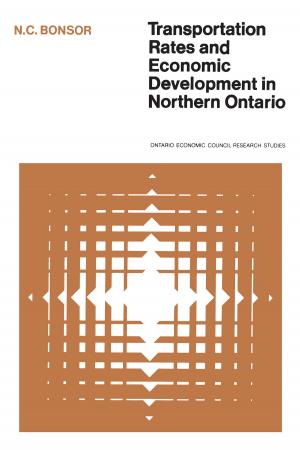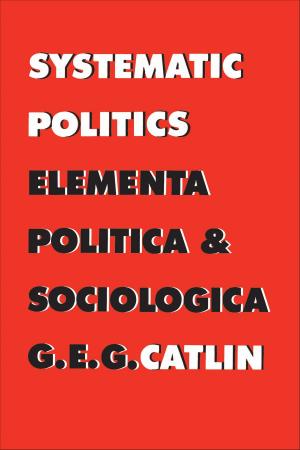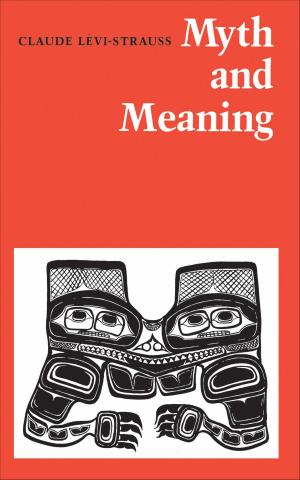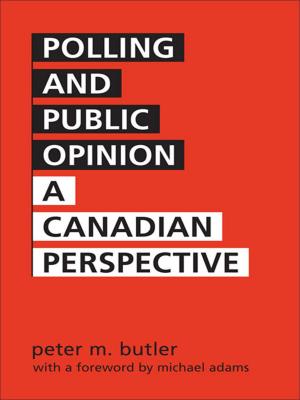Fighting for Credibility
US Reputation and International Politics
Nonfiction, Social & Cultural Studies, Political Science, International, International Relations, History, Military| Author: | Frank P. Harvey, John Mitton | ISBN: | 9781487511760 |
| Publisher: | University of Toronto Press, Scholarly Publishing Division | Publication: | January 18, 2017 |
| Imprint: | Language: | English |
| Author: | Frank P. Harvey, John Mitton |
| ISBN: | 9781487511760 |
| Publisher: | University of Toronto Press, Scholarly Publishing Division |
| Publication: | January 18, 2017 |
| Imprint: | |
| Language: | English |
When Bashar al-Assad used chemical weapons against his own people in Syria, he clearly crossed President Barack Obama’s "red line." At the time, many argued that the president had to bomb in order to protect America's reputation for toughness, and therefore its credibility, abroad; others countered that concerns regarding reputation were overblown, and that reputations are irrelevant for coercive diplomacy.
Whether international reputations matter is the question at the heart of Fighting for Credibility. For skeptics, past actions and reputations have no bearing on an adversary’s assessment of credibility; power and interests alone determine whether a threat is believed. Using a nuanced and sophisticated theory of rational deterrence, Frank P. Harvey and John Mitton argue the opposite: ignoring reputations sidesteps important factors about how adversaries perceive threats. Focusing on cases of asymmetric US encounters with smaller powers since the end of the Cold War including Bosnia, Kosovo, Iraq, and Syria, Harvey and Mitton reveal that reputations matter for credibility in international politics. This dynamic and deeply documented study successfully brings reputation back to the table of foreign diplomacy.
When Bashar al-Assad used chemical weapons against his own people in Syria, he clearly crossed President Barack Obama’s "red line." At the time, many argued that the president had to bomb in order to protect America's reputation for toughness, and therefore its credibility, abroad; others countered that concerns regarding reputation were overblown, and that reputations are irrelevant for coercive diplomacy.
Whether international reputations matter is the question at the heart of Fighting for Credibility. For skeptics, past actions and reputations have no bearing on an adversary’s assessment of credibility; power and interests alone determine whether a threat is believed. Using a nuanced and sophisticated theory of rational deterrence, Frank P. Harvey and John Mitton argue the opposite: ignoring reputations sidesteps important factors about how adversaries perceive threats. Focusing on cases of asymmetric US encounters with smaller powers since the end of the Cold War including Bosnia, Kosovo, Iraq, and Syria, Harvey and Mitton reveal that reputations matter for credibility in international politics. This dynamic and deeply documented study successfully brings reputation back to the table of foreign diplomacy.















